- WHAT'S ON
- Our repertoire
- Tickets
- Performances
- XXXth Bydgoszcz Opera Festival
- Bydgoszcz Opera Festival
- About
- Contact
- Search


Wykonania odbywają się za zgodą wydawnictwa Josef Weinberger Ltd.
Inauguration of the 29th edition of the Bydgoszcz Opera Festival.
Rozszyfrujmy tytułowego nietoperza. W początkach XIX wieku ogromną popularnością cieszyły się maskarady. Dwaj bohaterowie straussowskiej operetki wybrali się na bal maskowy: Eisenstein przebrany za motyla, Falke - za nietoperza. Nazajutrz Falke (po wypiciu słusznych ilości szampana) obudził się pod drzewem w parku, gdzie zostawił go lekkoduch Eisenstein. Musiał wędrować do domu odprowadzany docinkami przechodniów kpiących z nietoperza w biały dzień. Poprzysiągł, że weźmie odwet na dowcipnisiu. I...
A master of poetic invention and finesse of words. His works invariably delight, entertain and provoke reflection, delighting with the beauty of words at their best; Jeremi Przybora is the hero of the next premiere at Opera Nova. For the director of the show, the starting point for its creation was the Master's "Memoir", especially the time of his youth and places related to the Artist's stay in Bydgoszcz. However, the entire performance is not a reproduction of "Cabaret of Old Men"; ...